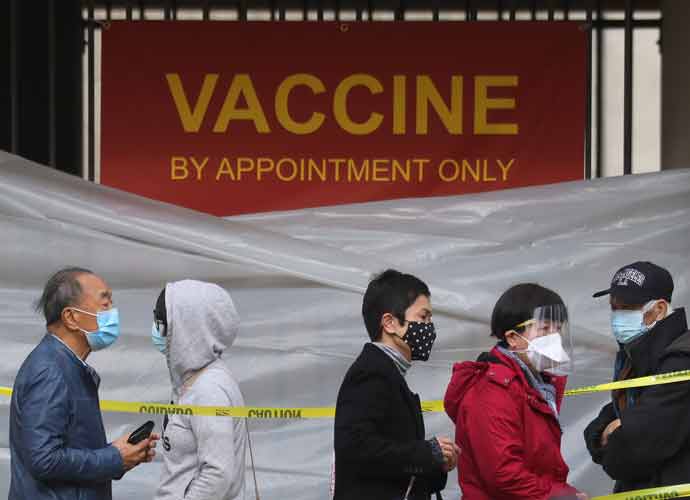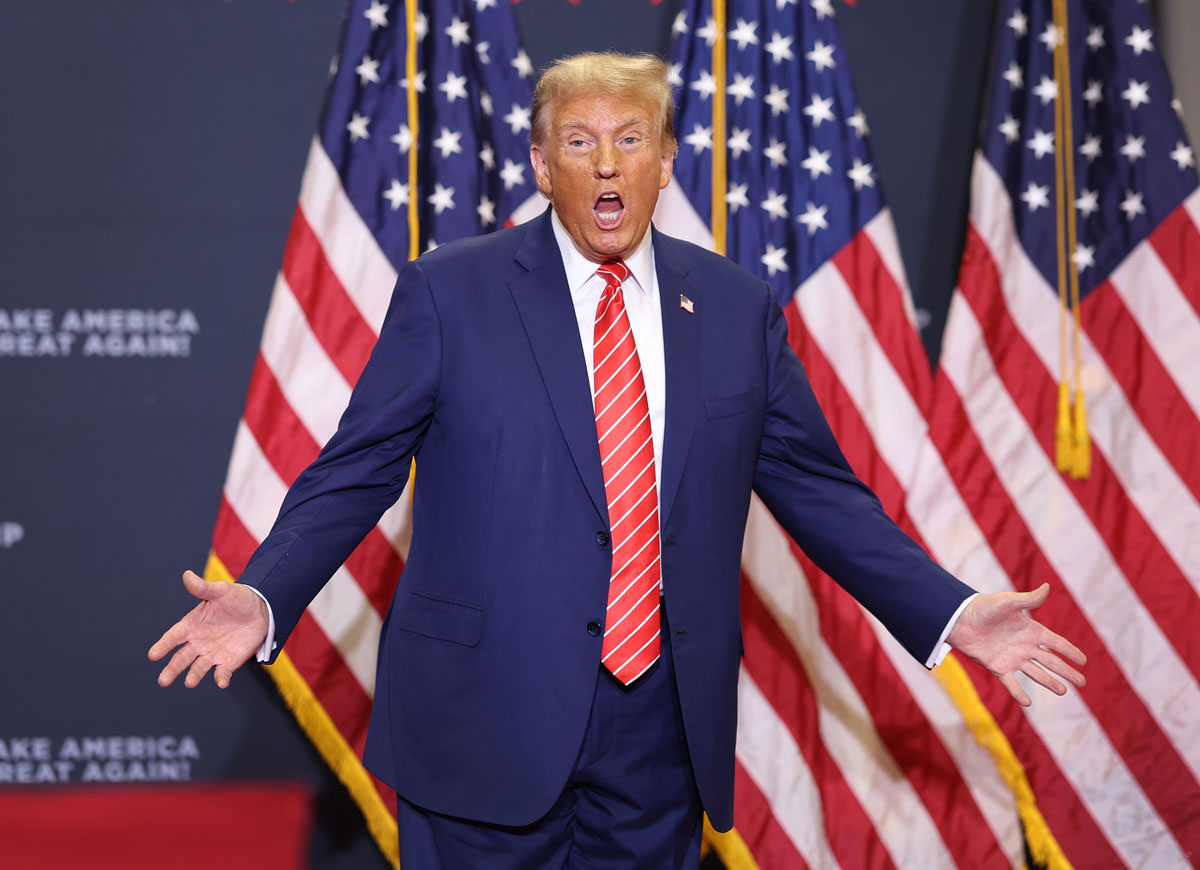North Carolina GOP Lawmakers Vote To Ban Wearing Masks In Public – Even For Health Reasons
North Carolina Republican lawmakers approved a bill forbidding individuals from wearing masks in public, even for health reasons.
The move to repeal the pandemic-era law, which allowed people to wear masks in public for health reasons, was partially inspired by demonstrations against the war in Gaza, which included masked protesters camping out on college campuses.
The H-237 bill cleared the Senate on May 15 in a 30-15 vote along party lines despite several attempts by state Senate Democrats to alter it. The bill might still be altered as it heads back to the state House of Representatives.
It would also raise penalties for somebody who wears a mask while committing a crime, including protesters.
Those who are against the legislation have objected that it risks the health of those wearing masks for health reasons.
“It’s about time that the craziness is put, at least slowed down, if not put to a stop,” state Sen. Buck Newton (R-North Carolina), who presented the bill, said on Wednesday’s Senate floor.
Most of the pushback against the bill has centered around its removal of health and safety exemptions for wearing a mask in public. The health exemption had been included along mostly bipartisan lines at the start of the Covid-19 pandemic.
The bill would return public masking rules to their pre-pandemic form, which was introduced in 1953 to limit Ku Klux Klan activity in North Carolina.
Since the pandemic, masks have become a partisan issue.
Democratic lawmakers once more expressed concern that removing protections for people who choose to mask for their health could put immunocompromised North Carolinians at risk of breaking the law. Legislative staff stated during a Tuesday committee meeting that masking for health purposes would violate the law.
“You’re making careful people into criminals with this bill,” state Sen. Natasha Marcus (D) stated on the Senate floor. “It’s a bad law.”
Simone Hetherington, an immunocompromised person who had spoken during Wednesday’s Senate Rules Committee, stated that masking is one of the only ways she can keep herself safe from illnesses and fears which the law would prevent that practice.
“We live in different times, and I do receive harassment,” Hetherington said regarding her mask-wearing. “It only takes one bad actor.”
Sen. Sydney Batch (D-North Carolina), a cancer survivor, stated that having people wear masks around her had been critical when she had been immunocompromised during medical treatment.
“Someone walking around with tuberculosis wants to wear a mask to protect everybody else is no longer able to do that based on this bill,” Batch declared.
State Sen. Lisa Grafstein (D) suggested modifying the bill to protect those wearing masks for health concerns while letting police have the power to arrest masked protesters.
But Republican legislators kept conveying doubt that somebody would get in legal trouble for masking due to health concerns, saying that law enforcement and prosecutors would use discretion on whether or not they could charge someone.
Newton said the bill is focused on criminalizing masks only for the sake of hiding one’s identity, declaring that he smells “politics on the other side of the aisle when they’re scaring people to death about a bill that is only going to criminalize people who are trying to hide their identity so they can do something wrong.”
Views on masking are evolving rapidly in both the public and private arenas.
In July 2023, a new memo from In-N-Out stated that employees were banned from wearing masks to “promote clear and effective communication both with our customers and among” their associates as well.
The memo also mentioned that “failure to comply with this policy may result in appropriate disciplinary action.”
If employees are required to wear a mask, they must offer medical proof, and the mask must be a “company-provided N-95 mask.”
RELATED ARTICLES
Get the most-revealing celebrity conversations with the uInterview podcast!




 by
by 



Leave a comment